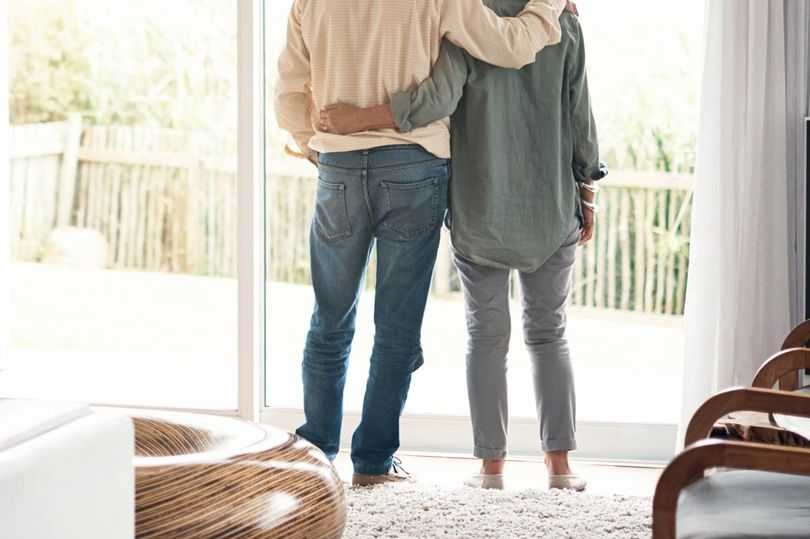Some commentators have said the wellbeing of older people is being neglected, even forgotten, by the Government.
In the care sector maybe, but in other areas of the community the NHS is trying very hard.
Not that many people identify as the most vulnerable – but for those who do, our health service is pulling out all the stops.
I’ve had letters from readers saying they haven’t received the NHS “letter” sent to people at risk of severe illness with Covid-19 .
But I’ve seen it and it’s reassuring. Here’s useful advice the NHS gives.
The safest course of action is for you to stay at home at all times and avoid all face-to-face contact for up to 12 weeks in the first instance.
This will help protect you by stopping you from coming into contact with the virus.
The exceptions, of course, are carers and healthcare workers who you must see as part of your medical care.
Stay in touch with friends, family or support network in your community who can get food and medicine for you.
The Government is supporting those who are at highest risk and in need of essential supplies.
Go to.gov.uk/coronavirus-extremely-vulnerable to register your current situation or you can call the Government’s dedicated helpline on 0800 028 8327.
If, at any point, you think you have developed symptoms of coronavirus, such as a new, continuous cough and/or high temperature (above 37.8 °C) seek medial advice using the NHS 111 online coronavirus service (https://111.nhs.uk/covid-19/).
If you don’t have access to the internet, call NHS 111 and do this as soon as you get symptoms.The vital rules are:
- Strictly avoid contact with someone who is displaying symptoms of coronavirus (COVID-19). These symptoms include high temperature and/or new and continuous cough
- Do not leave your home
- Do not attend gatherings. This includes friends and families in private spaces e.g. family homes, weddings, parties and religious services.
- Do not go out shopping, for leisure or travel. When arranging food or medication deliveries, these should be left at the door to minimise contact
- Keep in touch using remote technology such as phone, internet and social media
- Use telephone or online services to contact your GP or other essential services
- Regularly wash your hands with soap and water for 20 seconds. Ask carers or support workers who visit your home to do the same.
The rest of your household should support you to stay safe and help you with technology, social media and getting a laptop if you need one.

